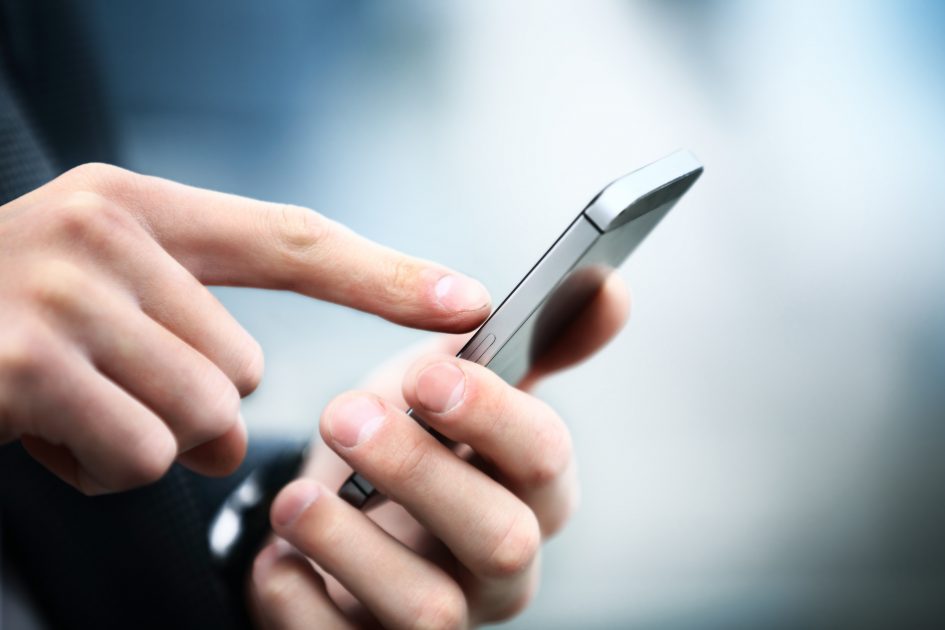This week we’re talking tech. The average person will spend more than five years of their lifetime on social media, according to a recent study. That’s five years sitting in front of a screen typing, scrolling or browsing. If you’re worried about your amount of technology usage or if you want to spend less time online and more time in real life, check out our tips to tone down your tech dependency.
Do you know how much time you spend in front of a screen each day? From your smartphone to your computer and/or tablet to your TV – chances are it’s probably longer than you might think. A recent study surveyed 1,800 adults on their technology usage and found that the average adult spends nine hours and 22 minutes each day using various forms of technology. Even more surprising – eight of those nine hours were used for personal time (e.g., browsing Instagram or Pinterest), instead of work.
Is it time for a technology detox? Here’s how to be more mindful of your technology usage and get more social in real life.
- Avoid using technology at meal time. Focus on being present to enjoy your meal and eat mindfully.
- Stop using technology (even your phone) at least one hour before bedtime. Blue light can actually stimulate your brain. If you find that using your phone as an alarm is too tempting, consider a real clock instead.
- Turn off notifications. Notifications for social media apps, such as Instagram, are often unnecessary and promote the temptation to scroll. Turn them off so your phone doesn’t light up every two minutes.
- Take a tech-free break. Outside of work, try having one day per week where you go tech-free and spend time doing other things you love, such as hiking, reading, making a healthy meal, or spending time with loved ones.
- Schedule posts in advance. If you need to post frequently for work, schedule your posts all at once to avoid spending extra time connected.
- If you feel tempted to scroll, get active instead. Many people find themselves scrolling through their phones simply out of boredom. It’s much harder to check your phone when you’re active as opposed to sitting on the couch. Explore the world around you, and if you can, leave your phone at home.
- Monitor the amount of time you’re spending using technology. If you work on a computer eight hours per day, watch Netflix for two hours after dinner, then scroll through your phone until bed, it might be time to track your usage.
“Most Adults Spend More Time On Their Digital Devices Than They Think,” Knvul Sheikh, Scientific American, March 1, 2017.

